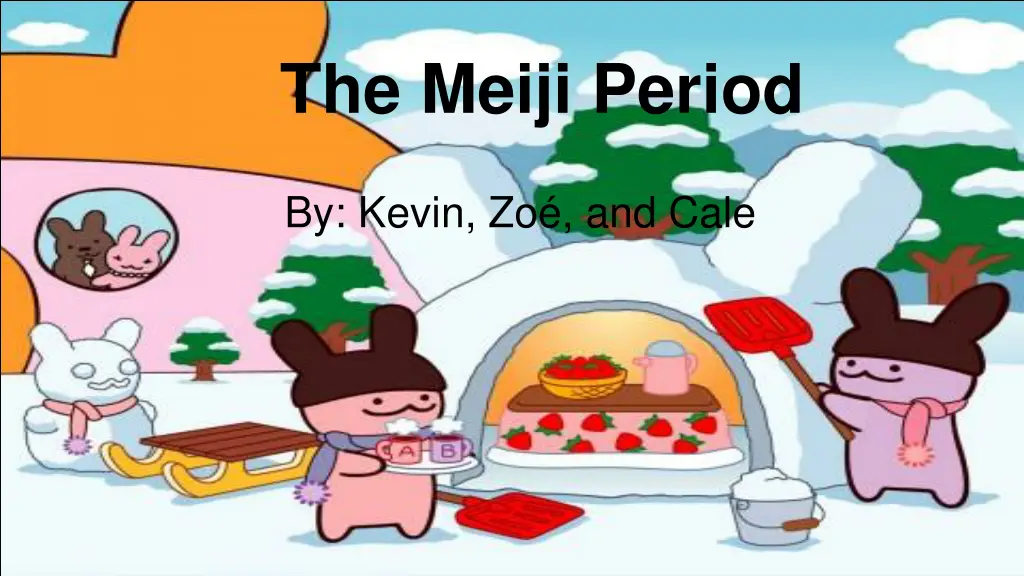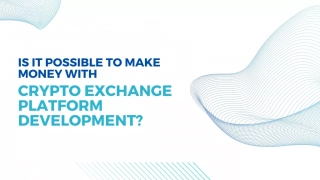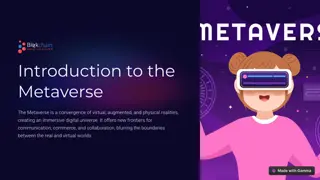
Impact of Economic Changes in Meiji Japan
Explore the economic, political, and social transformations that occurred during the Meiji period in Japan. Discover how industrialization, capitalism, and modernization shaped Japan's growth, leading to significant advancements in infrastructure, technology, and economy. Learn about the challenges faced and the success achieved as Japan transitioned into a capitalist society, doubling its national income by the end of the Meiji era.
Download Presentation

Please find below an Image/Link to download the presentation.
The content on the website is provided AS IS for your information and personal use only. It may not be sold, licensed, or shared on other websites without obtaining consent from the author. If you encounter any issues during the download, it is possible that the publisher has removed the file from their server.
You are allowed to download the files provided on this website for personal or commercial use, subject to the condition that they are used lawfully. All files are the property of their respective owners.
The content on the website is provided AS IS for your information and personal use only. It may not be sold, licensed, or shared on other websites without obtaining consent from the author.
E N D
Presentation Transcript
The Meiji Period By: Kevin, Zo , and Cale
Question #3: How did the changes resulting from adaptation affect Japan economically, politically and socially during the Meiji period?
Economic Industrialization- Pg. 199 - 200 Capitalism- 201 - 202
Industrialization The treaties and agreements with the Western world made it hard for Japan to advance with industrialization. National Seclusion Policy. Many people also suffered from over-work and the working conditions from industrialization in such a large scale.
Japan started small, with Military and silk companies. Over several years the cost of modernization was overwhelming. Most industries were handed over to private companies also called zaibatsu Mitsubishi built boats, trains and other modern technology.
Advantages The private companies strengthened their bonds with the Meiji. Japan soon became the leaders of industrialization because of their hard work and strive to move forward in the Asian world. Japan survived off of modernization which until now kept them economically stable.
New railroads were built to join all four major islands; roads and highways were paved. Telegraph and telephone systems were built. New technologies and industries were imported, as well as hundreds of foreigners to train the Japanese. A Ministry of Banking was set up to provide new businesses.
Capitalism Matsukata Masayoshi was the Finance minister in 1881 in Japan. Matsukata Masayoshi
Under his reign, Japan didnt immediately advance and grow in economy. Many businesses were bankrupt and farmers lost their land. As industrial output increased, Japan became wealthier and wealthier. By the end of the Meiji era, Japan s national income DOUBLED. Japan quickly became a capitalist society.
Capitalist Society? The goal is to make a profit by producing or obtaining goods at one price and then selling them for more money. Individuals or the government are engaged in business. People work for wages, not goods. They use their wages to purchase the goods they need or want.
How Capitalism Works
The Charter Oath - Pg. 181 Emperor Meiji signed a document called the Charter Oath in April 1868, which allowed Japan to have a new government The Charter Oath dictated that whenever a new policy came to be, it would be voted on by the daimyo lords It took many tries to write the Charter so that everyone was happy, but finally they did it When the Charter was finished, it showed change in: o Social Systems o Political and Economic Systems o Culture
Unifying The Country - Pg. 195 The young leaders used their past relationships with samurai to overthrow the Tokugawa rule When they gained support, the daimyo surrendered their census records and lands to the government The daimyo petitioned to the government that their lands be placed under a set of laws called hanseki hokan, which means the Return of the Registers Emperor Meiji
New Model of Government - Pg. 196 The new government s objective was to be both economical and efficient, but none of the leaders could agree on how to do it One part of the government wanted to base the new government off of the French and American ideas of representative government and human rights The more conservative part of the government wanted the government to be like the German government, which had more of a centralized control After a long time, the leaders finally decided to go with the German idea of government
Constitution - Pg. 197 Japan developed a new outlook about its place in the world - it was a leader, not a follower The leaders wanted Japan to have a constitution because: Almost all of the European countries had a constitution Western countries would see Japan as a strong nation because they had a western constitution Having a constitution would unify Japan The leaders of Japan all agreed that there should be a constitution, but they disagreed about who should write it and what model it should follow
Constitution Contd - Pg. 197 The people of Japan wanted the constitution, especially the former samurai or shizoku. The shizoku did not like having a central government, because they wanted to have greater participation in the government During this time, three political parties emerged, each backed by a newspaper Many debates happened all over the country, violent revolts often being an outcome
Constitution Contd - Pg. 198 The Meiji government created more restrictions o The government could decide what the newspapers were allowed to print o Public assemblies were also banned The people responded to the new laws by creating rights organizations throughout the country Overall, the Constitution was very much like Germany s but it still reflected some aspects of Japanese culture
The Constitution of Japan - Pg. 197 In 1889, the constitution of Japan was made. o The Emperor is sacred and inviolable and is above the law of the Constitution. o Government ministers are responsible to the Emperor. o The Emperor has the power to: command military forces and control foreign policy appoint cabinet members, judges, and Privy Council members convene and dissolve the Imperial Diet (Parliament) at will
The Constitution of Japan Contd - pg. 197 o The Imperial Diet is divided into two houses of equal power: The Upper House is called the House of Peers. Members are selected for life by the Emperor. The Lower House consists of 300 members who are elected by citizens for 4 years. o Citizens are granted freedom of speech, religion, and association. However, the government has the right to withdraw these rights.
Social The lives of the Samurai, Daimyo and Commoners all changed. Samurai: There allowances changed. They were cut down significantly and they eventually didn t get an allowance at all. There military changed a lot. Samurai were eventually not even important and needed any more. There special dresses and even there hairstyles changed.
Social Contd Daimyo: The court changed the Daimyo into the aristocratic class. They couldn t get money from their domains anymore. The government gave them a big sum of money. They could also get pensions and all their debt was paid of by the government. They got invited to Tokyo to get assisted to investing in their capital in businesses.
Social Contd Commoners: The feudal system got destroyed so the people with lower income could move up to higher pay. Commoners could have surnames. Samurais and Commoners could get married Lower classes were raised to the status of a commoner. They had to pay more tax now though. Christians could practise their religion.






















